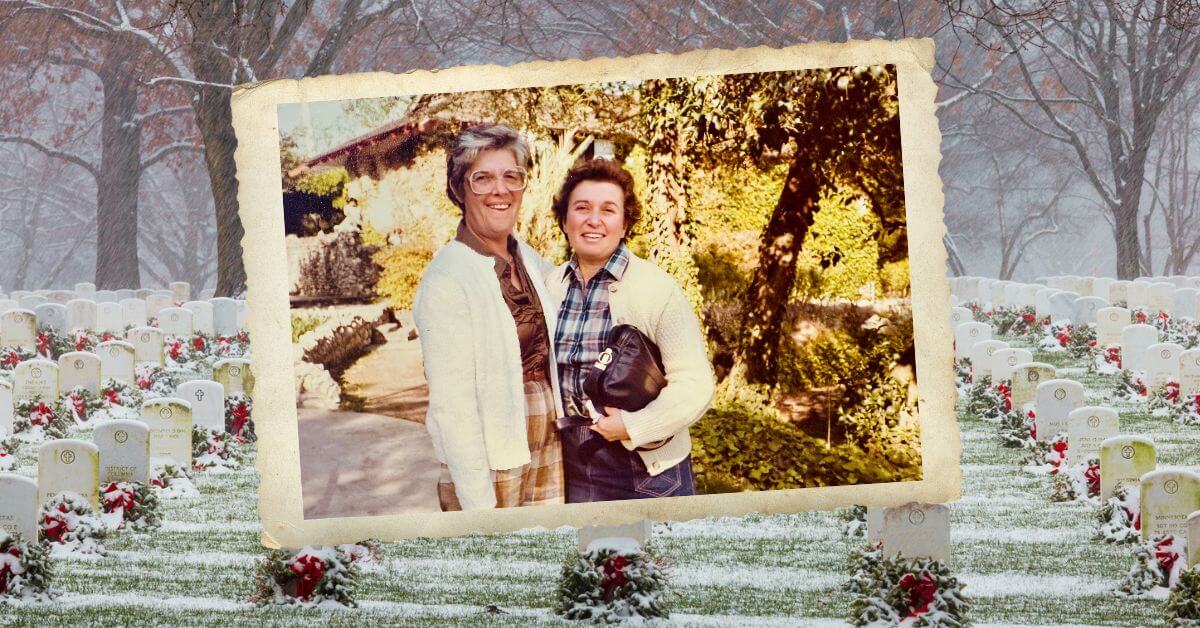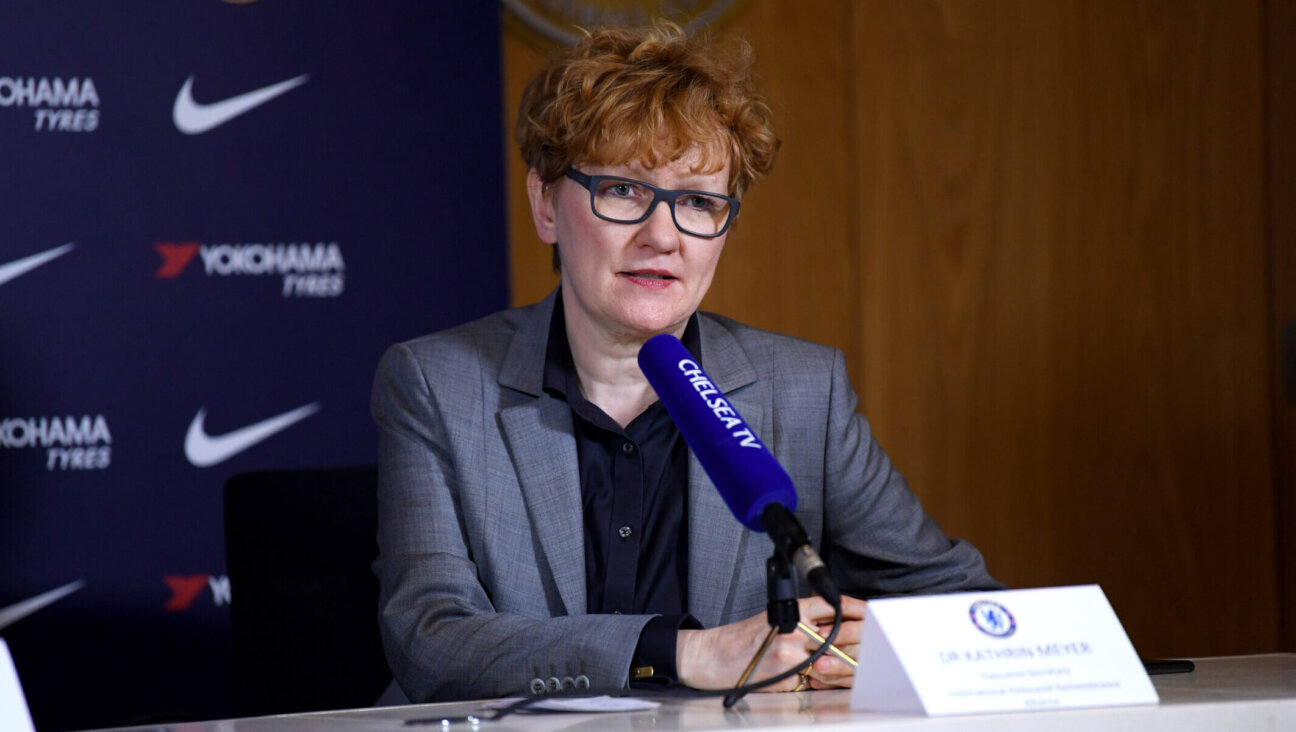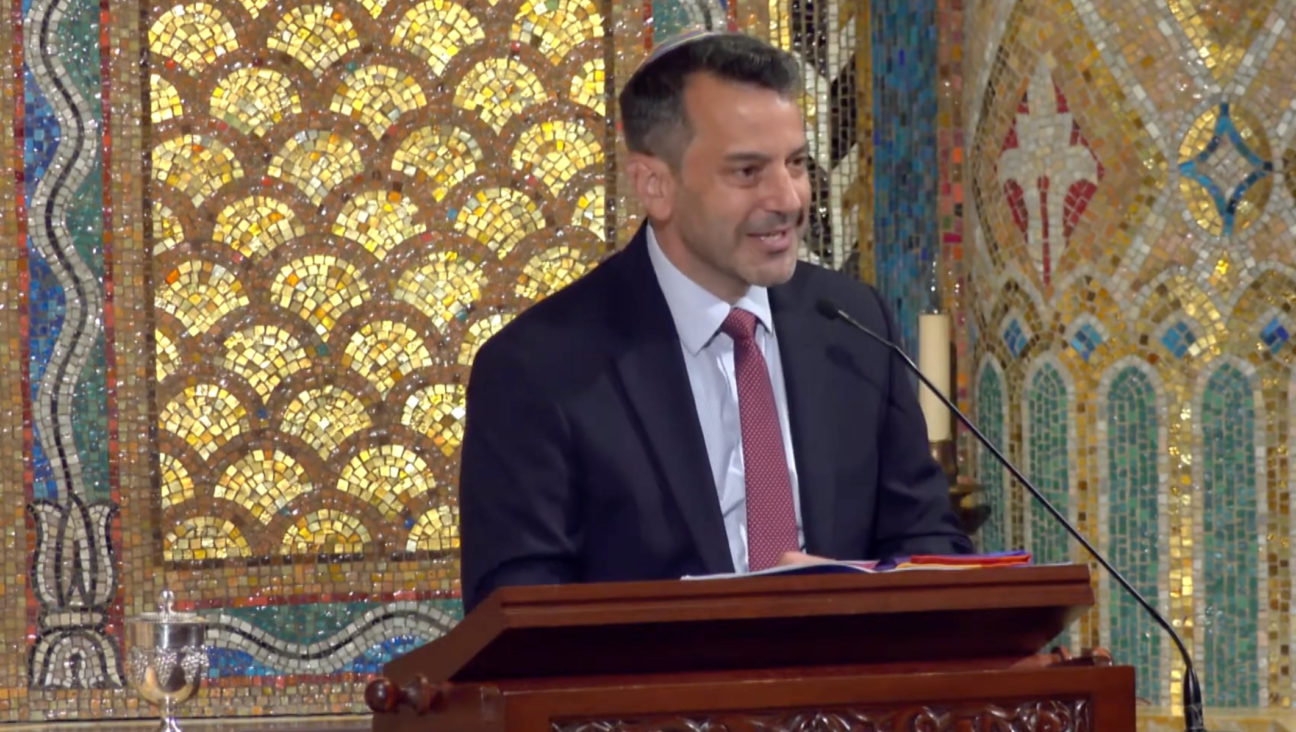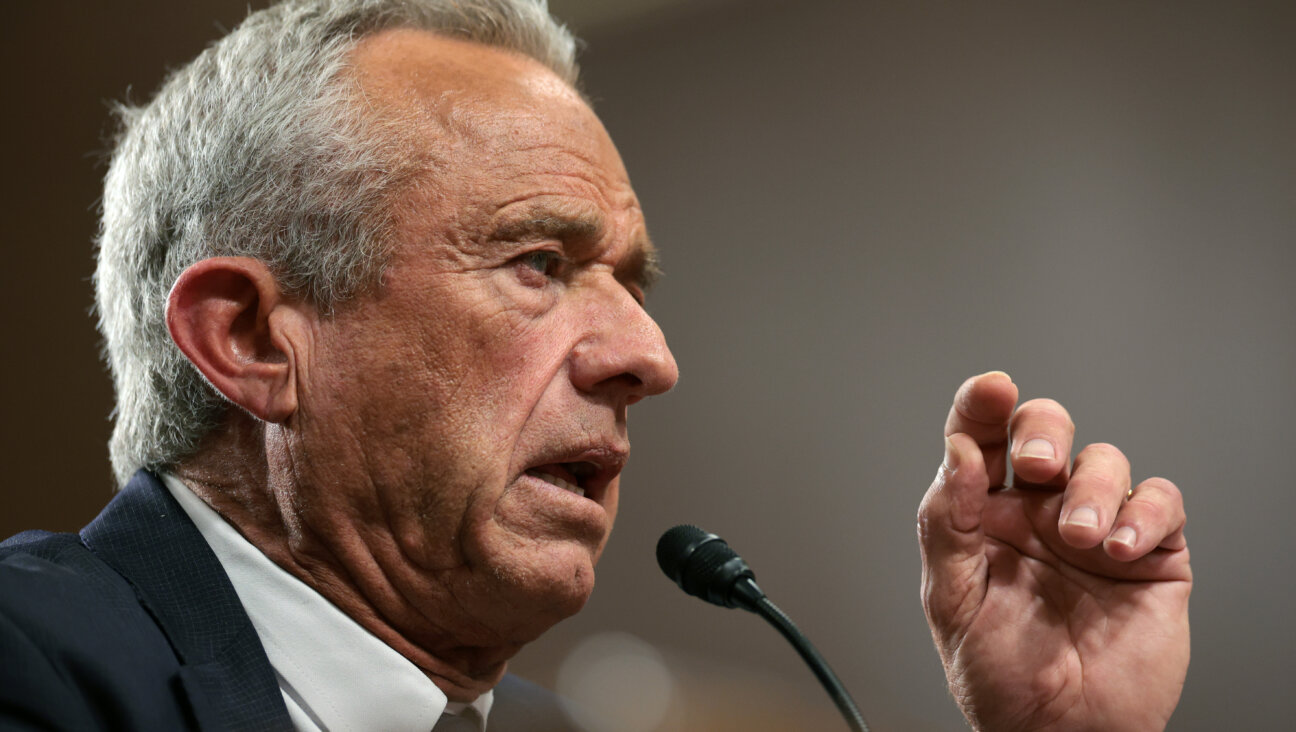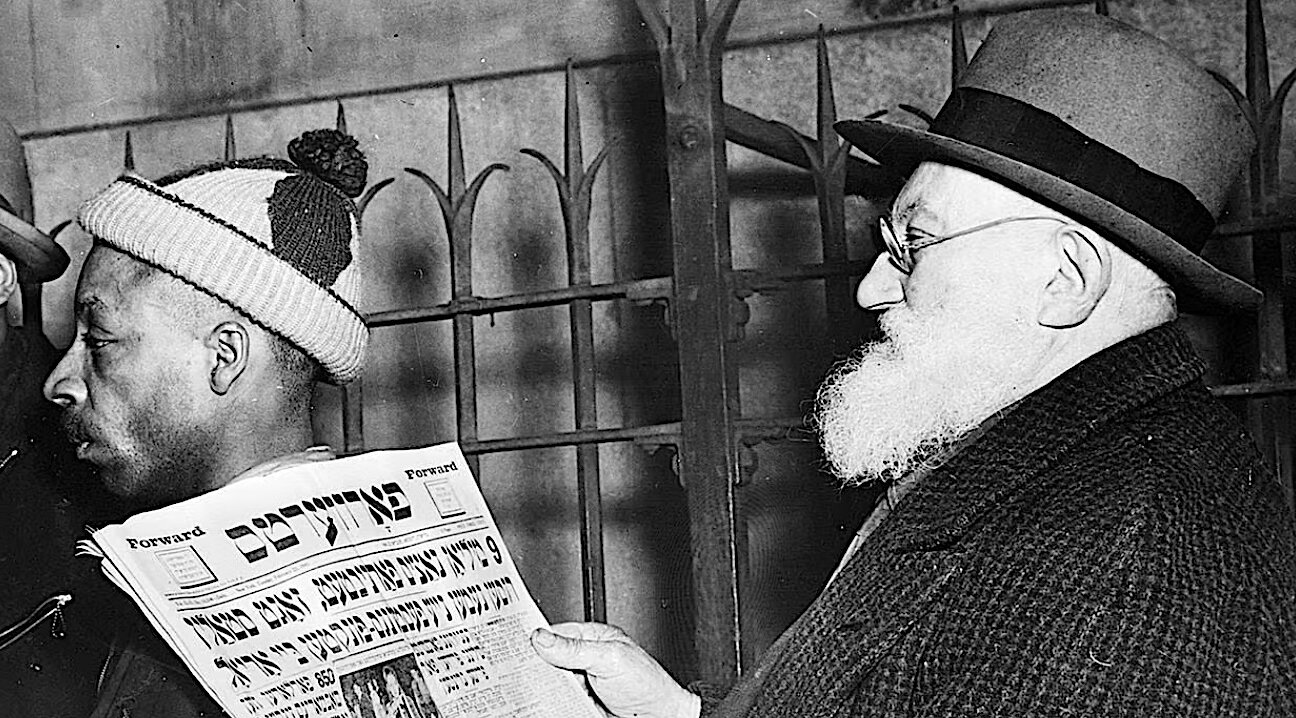FLASH FRAMES
Picnic Grounds: A Novel in Fragments
By Oz Shelach
City Lights, 115 pages, $11.95.
* * *|
Had Ernest Hemingway succeeded in writing the novel suggested by the vignettes that punctuate “In Our Time,” the result might have resembled Oz Shelach’s “Picnic Grounds: A Novel in Fragments.” The novel, Shelach’s first, is set in an Israel at once familiar, yet utterly alien. Consisting of discrete, one-paragraph sketches, “Picnic Grounds” reveals a generation consumed by anomie and self-contempt, expatriates in a landscape no longer their own. From the first fragment, “One Afternoon,” in which a history professor and his family picnic on the site of Deir Yassin, to the last, “Habit,” where a family goes back to vacationing after ascertaining that “no one close to us was hurt” in a bombing in Jerusalem, Shelach’s Israelis live fragmented lives, blocking out the shameful past and numbing themselves to the violent present. The stories are filled with faceless, nameless but recognizable figures: “our friend” whose only daughter and husband were killed in two bomb attacks; “an old Bedouin waiter” who, it turns out, is neither waiter nor Bedouin nor old; the aging “poet,” who upon finding a “vocabulary vacuum” for weapons, forges language for “trigger,” “bolt” and “range,” and whose “talent in these inventions — now household words — is evident to this day.” But “Picnic Grounds” is more than just a critique of Israel and Zionism; written by the Israeli Shelach in English rather than Hebrew, it signifies a disowning of a world — deeply troubling in a writer who clearly has chosen to speak for us as anachnu, “we.” And while rich linguistic rhythms throb throughout the work, the effort has not been without cost. Like the journalist from Jerusalem in the parable titled “Infected,” who has stopped writing in Hebrew because it is an immoral language that promotes murder and who realizes that all languages are “just as badly infected,” Shelach grasps the paradox of his position — but along with so many of the characters in this remarkable novel, the world has left him hardened.
A message from our Publisher & CEO Rachel Fishman Feddersen

I hope you appreciated this article. Before you go, I’d like to ask you to please support the Forward’s award-winning, nonprofit journalism so that we can be prepared for whatever news 2025 brings.
At a time when other newsrooms are closing or cutting back, the Forward has removed its paywall and invested additional resources to report on the ground from Israel and around the U.S. on the impact of the war, rising antisemitism and polarized discourse.
Readers like you make it all possible. Support our work by becoming a Forward Member and connect with our journalism and your community.
— Rachel Fishman Feddersen, Publisher and CEO










